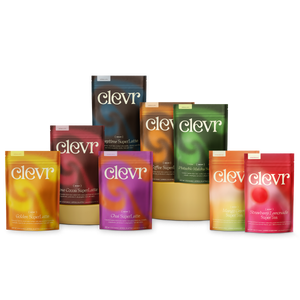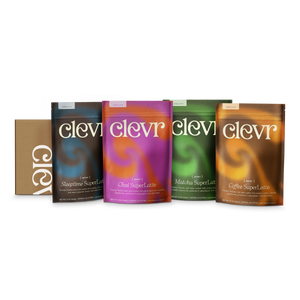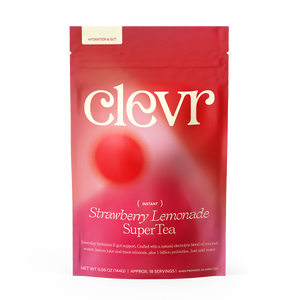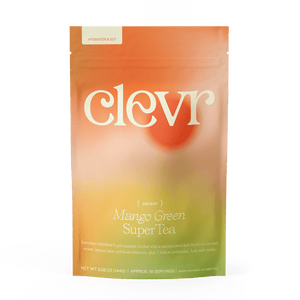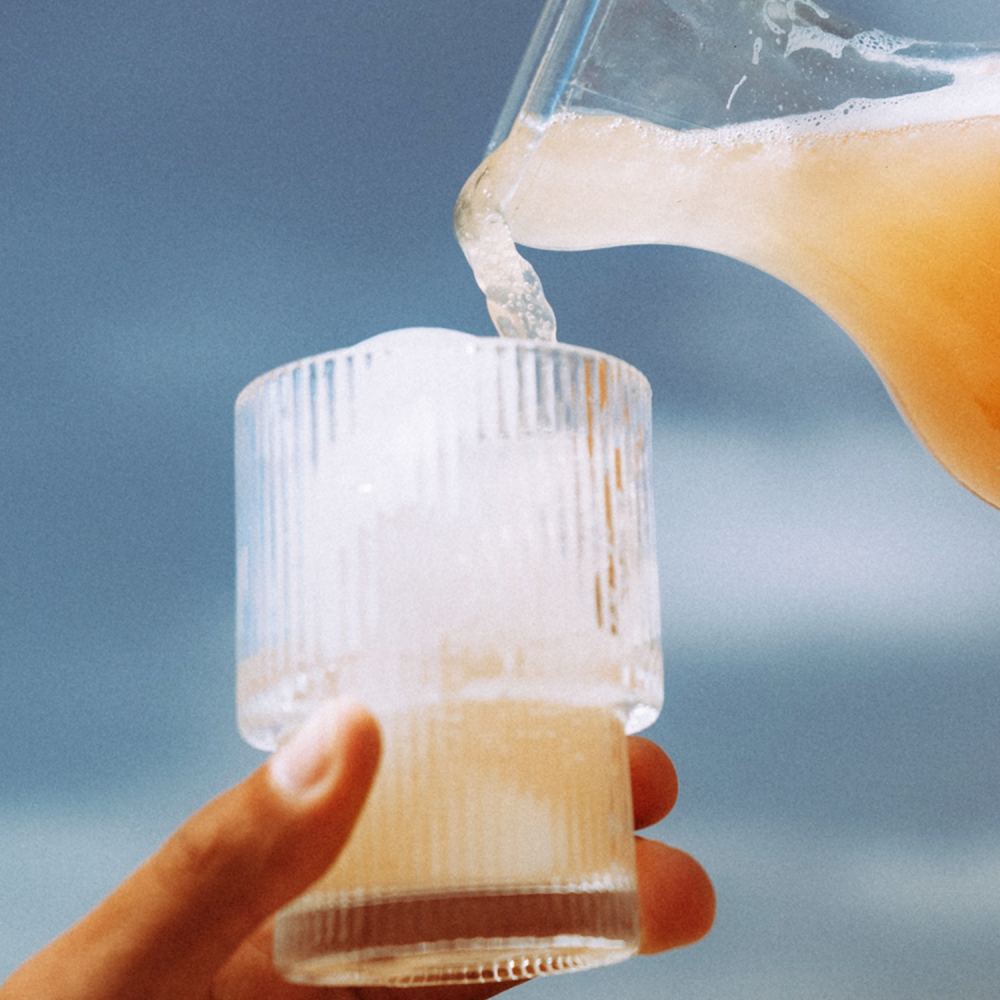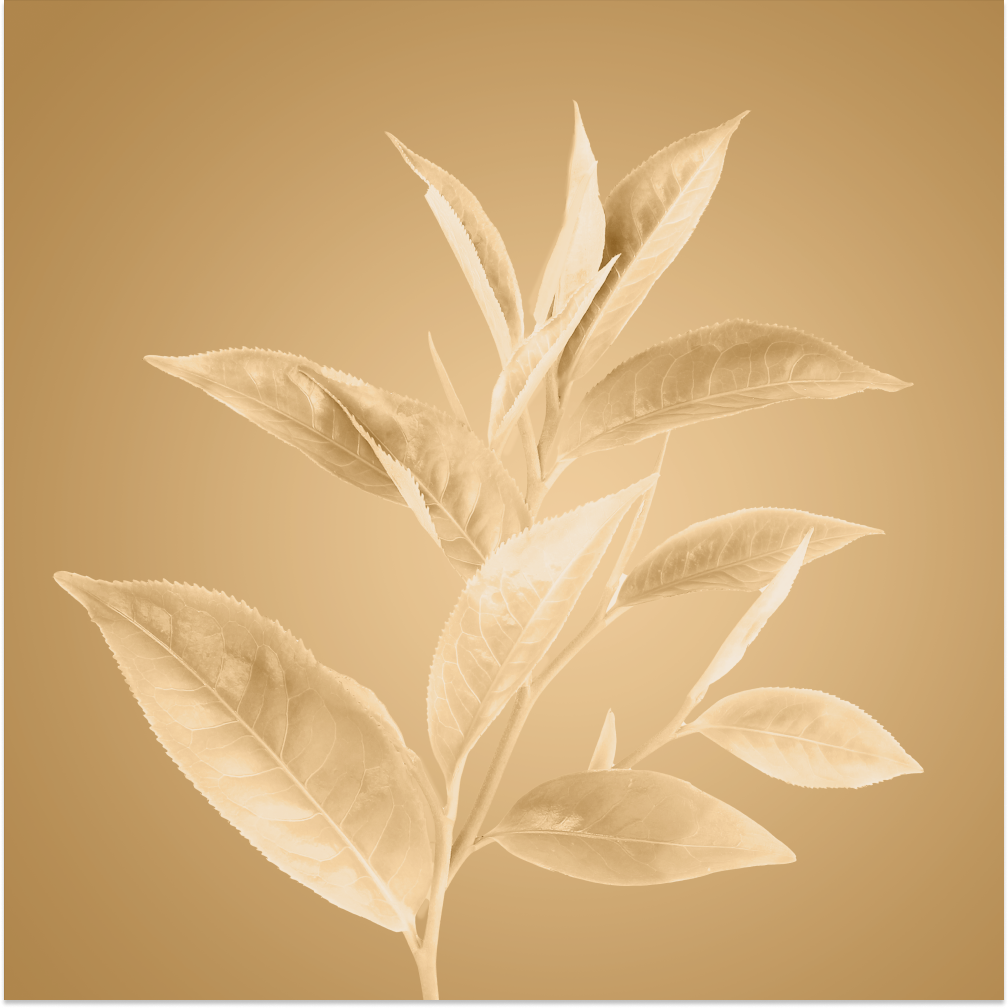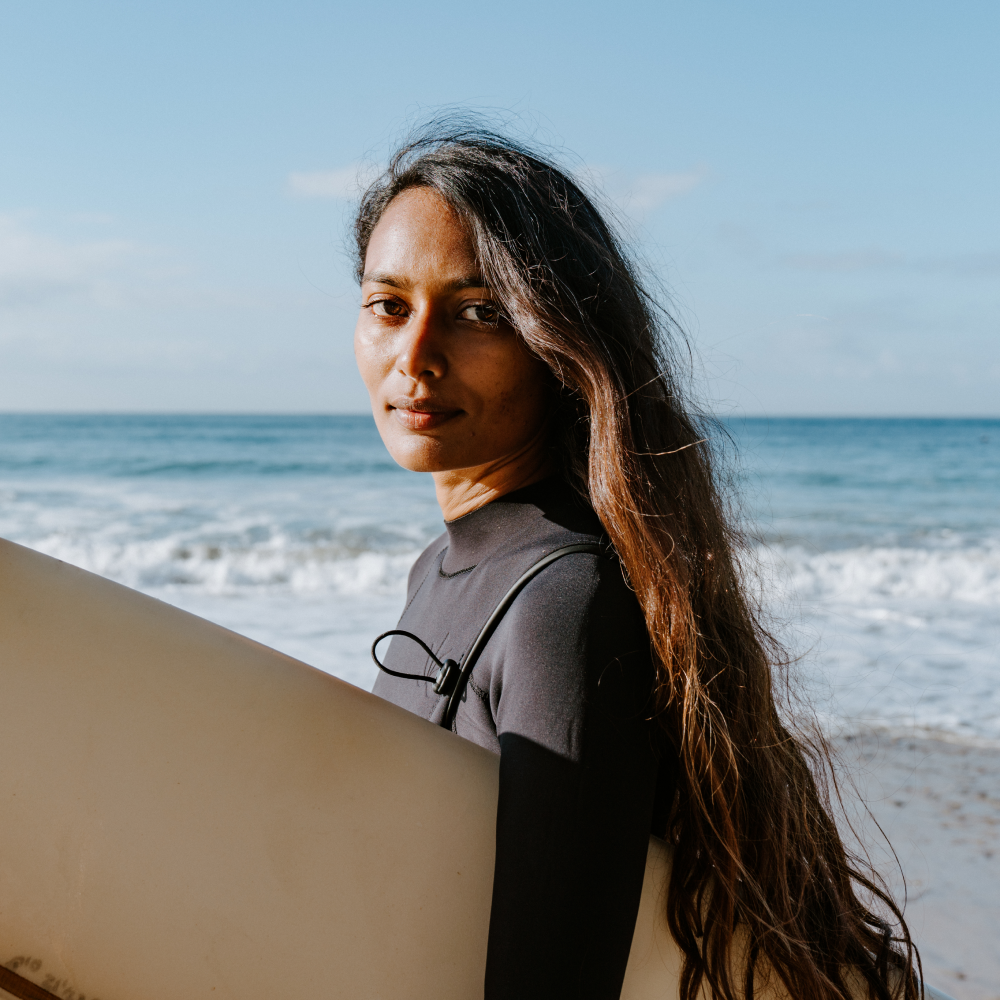
Guided by the Waves: A Conversation with Ishita Malaviya
A conversation about challenges faced as a BIPOC woman, the power of cultivating community, and the importance of keeping playfulness alive throughout adulthood.
Boldly choosing the path less paddled comes with its fair share of obstacles - just ask Ishita Malaviya, India’s first professional female surfer. Many people choose to turn back for an “easier” path, but not Ishita, who was recently featured on the Forbes ‘30 Under 30 Asia’. This, along with many other successes and recognitions, has allowed Ishita to break social stigmas and barriers for women of color in the surf industry.
We spoke with Ishita over a cup of chai, as she shared with us the challenges she has faced in the water as a BIPOC woman, the power of cultivating community, and the importance of keeping playfulness alive throughout adulthood.
Q & A
What’s on your coffee table?
“For the past year, I have been moving around so much and am currently living out of a van, so I don’t have a coffee table at the moment. My ‘coffee table’ these days looks like a mug resting on top of my surfboard and incense lit in the sand next to me, as I crawl out of the van and sit on the beach watching the waves rolling in with the early morning light.”
What are your morning rituals?
“I like to be in a calm, grounded and meditative state when I wake up each day, so that I can have my morning quiet time. I have found that a cup of green tea or a Matcha SuperLatte has been supportive in achieving this. Most mornings I do breathwork, light yoga and a short meditation. When I start my morning with this routine, it sets me up to have a productive, grounded day. But of course...it all depends on the swell.”
What are some practices that support your mental and emotional wellbeing?
“I’m a very sensitive, emotional person, and it’s important for me to move emotional energy through my body so that it doesn’t accumulate to the point of overwhelm. Movement and exercise help me to move this energy, and my favorite way to do this is to put on earphones with some good tunes and dance in my room, shaking any negative energy away.
Reaching out to friends and asking them for support is also really important for me.
"It’s not just about being in community all the time, but rather about being real with people who allow you to be your full authentic self when you’re struggling."
Quality over quantity is my motto with friendships. For a long time I struggled to tell people when I wasn’t okay. I was trying to figure it out all alone, rather than leaning on my support network and surrounding myself with friends who uplift me.
Nowadays, when I’m feeling disconnected I choose to spend time getting involved with community activities, whether that’s volunteering in the garden with Sea and Soil or teaching kids how to surf with Un Mar de Colores. This gives me a sense of belonging and helps to reignite passion and purpose inside me.”
How were you introduced to surfing, and what inspired you to start The Shaka Surf Club?
“I had always dreamed of surfing, but it wasn’t until my first year of university on the southwest coast of India, that I was introduced to a group of California surfers who were living in an ashram nearby. I remember going up to the ashram and seeing surfboards for the first time, and when I was pushed into my first wave, a fire was ignited inside of me, and I knew that this would be a part of my life forever.
In India, the large population puts a heavy pressure of competition on school kids. Unless you come from a family who can afford an expensive gym membership, the idea of playtime is lost early on. By the time I was 12, I was so focused on studies that I lost touch with the playful side of myself.
"In my adult life, surfing has helped me to re-establish playfulness as a priority in my daily routine. Every time I paddled out, I was quickly humbled and reminded not to take myself too seriously."
Everything began to revolve around surfing, starting with the first surfboard that I bought with my high school friend and now business partner, Tushar, after selling many of our belongings to save up enough money.
When I first started surfing back in 2007, it was pretty much unheard of in India. My friends back in the city dismissed it and weren’t interested, and my family didn’t understand, but I got a different reaction from the kids in the village. They had never seen or heard of surfing, so when I paddled out, they would slowly climb up on the rocks to watch with curiosity and the occasional approving cheer. Most of the village kids grew up fearing the ocean and seeing it as a cursed place, because they grew up watching their parents living a hard life of working long hours out at sea. They had an inferiority complex that they were “poor fishermen’s children” who were cursed to live by the beach.
We wanted to change their perspective, so we began taking the children of our village out surfing. I swear the whole village came out on the beach to watch them that first day; it was one of the most magical moments. We didn’t speak the same language as the village families, but we were able to communicate through smiles and shakas.
In 2012, Tushar and I started The Shaka Surf Club so that we could build community and empower others through surfing. We were one of the first surf camps in India, and are now one of the most well-known.
"Since day one, my mission has always been to share the joy and healing of surfing with others, and Shaka continues to allow me to do just that."
At Shaka, we keep the use of our facilities, including surfboards and skateboards, free for kids in the village, to dismantle the financial barrier of these sports.”

What are some of the challenges that you have faced as the first female Indian surfer?
“When I started surfing, my skin became very dark. I would receive harsh comments all the time about the color of my skin, with people often telling me that “I looked like I worked in the charcoal factory.” I was able to brush these comments off because I embraced my skin, but I knew many girls who were afraid to surf because they didn’t want their skin to become darker.
In mainstream India, there is an abundance of advertisements for fairness creams, which perpetuates the belief amongst women that fair skin is a mark of success. Indian women, especially in rural areas and villages, fear that if their skin becomes dark from the sun, they will have a slim chance of finding a husband or employment.
"I want to be a positive role model for dark skin women, re-framing the narrative of 'success' and reminding them of their inherent beauty and worth."
Women also culturally face a lot more resistance to surfing. I am still struggling to get more women in the water, because the ocean is feared and seen as a place for men who work at sea. I want to show brown skin women that they are just as welcome in the water as anyone else, and for them to see me and think “if she can do it, so can I.”
Many of the village people resist us because they feel that we’re changing the culture too quickly.
They’re not ready for girls to feel so empowered and liberated, but change is inevitable, and I’m here to support the village girls and all women along the way."
What is one piece of advice you would give your younger self, or to younger girls?
“As someone who has pursued a passion that has come with many roadblocks, I know it is not always easy to swim against the current. There will always be people telling you to give up or that your dreams are unattainable. Remember that you get to choose how to live your life; hold onto the courage to listen to your heart, trust your intuition and follow the path that lights you up and brings passion and value to your life. There will be moments of doubt when quitting seems like the only option.
"This is when it’s so important to allow your faith to be bigger than your fears and to believe in the power of your own dreams."
Surround yourself with people who share your dreams and bring positivity in your life. Do what makes your soul happy, because success will naturally follow. Sometimes the smallest step in the right direction ends up being the biggest step of your life. Tip-toe if you must, but take that step!”
Do you have a quote or piece of inspiration you would like to leave us with?
“The proper function of man is to live, not to exist. I shall not waste my days in trying to prolong them. I shall use my time.” - Jack London (as quoted in the James Bond movie ‘No Time To Die’)
Ishita Malaviya is India’s first professional female surfer and co-founder of The Shaka Surf Club. You can follow her on Instagram @surfishita.















